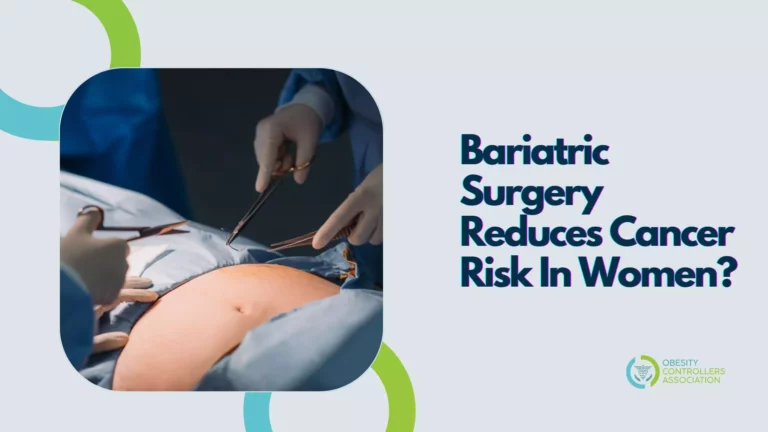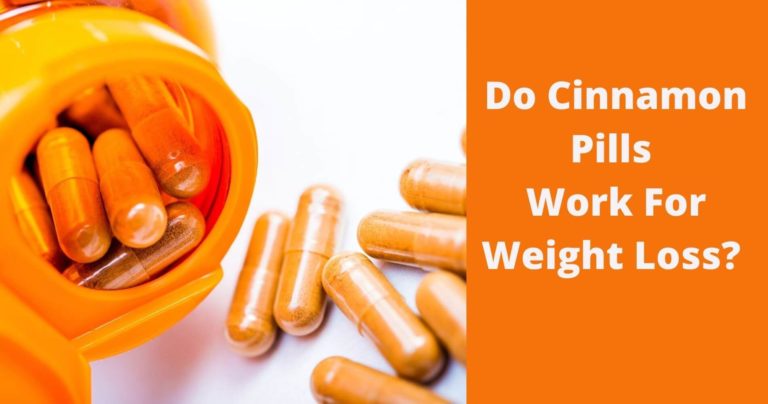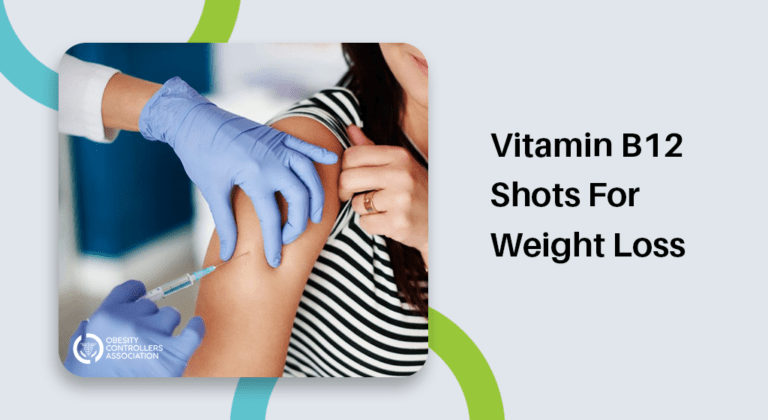Nutritional Deficiencies- Symptoms And Treatment

Our bodies require several vitamins and minerals for their development. They are often called micronutrients. Our bodies do not produce them naturally, requiring us to consume them in our diets.
So what happens when we do not take their required amount? The condition is called a nutritional deficiency.
Nutritional Deficiencies- Symptoms And Treatment
Our bodies lack nutrition when they do not absorb the necessary amount of nutrients. These deficiencies can lead to a variety of health problems, including skin disorders, dementia, defective bones and digestion problems.

It depends on age what amount of nutrients one should consume. In the US, grocery stores sell foods like bread, cereals, and milk that are strengthened with nutrients that help in preventing nutritional deficiency. Sometimes the body is not able to consume certain nutrients, even if you are taking them.
Iron deficiency and its symptoms
The most common deficiency is iron. Lacking iron can lead to anemia. It is a blood disorder causing weakness, fatigue and many other symptoms. When a person lacks iron, their body produces fewer red blood cells, and they are paler and smaller than usual healthy red blood cells. The WHO says that 30% of the population of the world is anemic.

Following are the symptoms caused by iron deficiency:
- Unusual tiredness
- Shortness of breath
- Paleness
- Heart palpitations
- Dizziness and headaches
- Damaged skin and hair
- Tongue and mouth getting swollen and sore
- Restless legs
- Brittle fingernails
Vitamin A deficiency and symptoms
A group of nutrients essential for eye health and healthy reproductive systems in men and women is Vitamin A. It also helps in strengthening immune systems. The WHO says that vitamin A deficiency leads to blindness in children and maternal mortality in pregnant women.

Vitamin A deficiency can cause symptoms like:
- Dry skin
- Dry eyes
- Night blindness
- Infertility
- Late growth
- Chest and throat infections
- Poor wound healing
- Breakouts and acne
Thiamine or Vitamin B-1 deficiency and symptoms
Vitamin B-1 is one of the major parts of the nervous system. It also functions as turning carbohydrates into energy. Its lack can lead to muscle and nerve damage. It can also affect the heart. It can be observed in people with high alcohol consumption. Vitamin B-1 deficiency causes Wernicke-Korsakoff syndrome, which is a form of dementia.
Following are symptoms of Thiamine deficiency:
- Loss of appetite
- Fatigue
- Irritability
- Tingling sensation in legs and arms
- Muscle weakness
- Blurry vision
- Nausea and vomiting
Vitamin B-12 deficiency and symptoms
People who are vegans, had gastric surgery, are diabetic, are over 60 years of age and lack intrinsic factors that are at higher risk of vitamin B-12 deficiency.

Symptoms of B-12 deficiency include:
- Pale skin
- Weakness and fatigue
- Pin and needle sensation
- Mobility sensation
- Mouth ulcers
- Dizziness
- Disturbed vision
- Changes in mood
- High temperature
Vitamin D deficiency and symptoms
Vitamin D is essential for bones. In order to regulate the development of teeth and bones, this vitamin is necessary.
Symptoms of its deficiency include:
- More prone to infections
- Tiredness
- Bone and back pain
- Depression
- Bone loss
- Hair loss
Calcium deficiency and symptoms
Calcium helps in the development of teeth and bones. If the required amount of calcium is not consumed, the body uses the calcium from the bones.

Calcium deficiency symptoms include:
- Muscle problems
- Fatigue
- Nail and skin problems
- PMS
- Dental problems
- Depression
How can you treat nutritional deficiencies?
To treat nutritional deficiencies, your doctor will prescribe you certain medications. To treat it naturally through food consumption, one needs to consume foods rich in the nutrients they lack.
For people with Vitamin A deficiency, one should consume foods that are rich in vitamin A like milk, green vegetables, reddish-yellow fruits, eggs, and orange vegetables. For thiamine deficiency, foods rich in this vitamin are legumes, seeds, eggs, nuts, pork and wheat germ should be consumed.

For fulfilling Vitamin D, one should increase the intake of fatty liver oils, mushrooms, liver, egg yolks and fatty fish are rich in Vitamin D. The best calcium sources are small fish and dairy products like cheese and milk. Foods like red meat, egg yolks and many others are rich in iron. Red peppers, oranges, broccoli, and strawberries help in Vitamin C formation that helps the body absorb iron.
For some people, food intake might not help in treating the deficiency. For instance, people with anemia may require a blood transfusion. For severe B-12 deficiency, one might need to take monthly injections. Folates are available in pills for monthly dosage. Sometimes, people may need to take such supplements for life.
You may also read : Nutritional Foods – The Essentials To A Healthy Life





